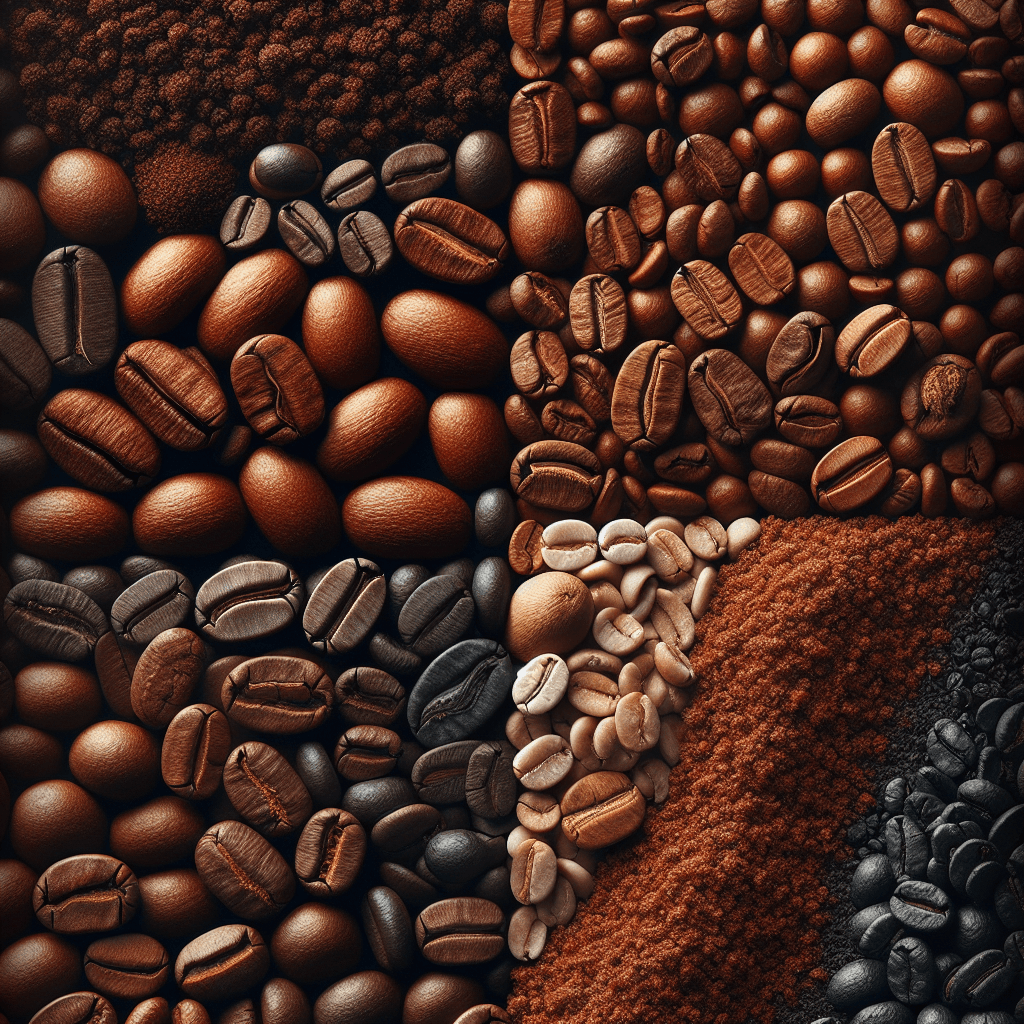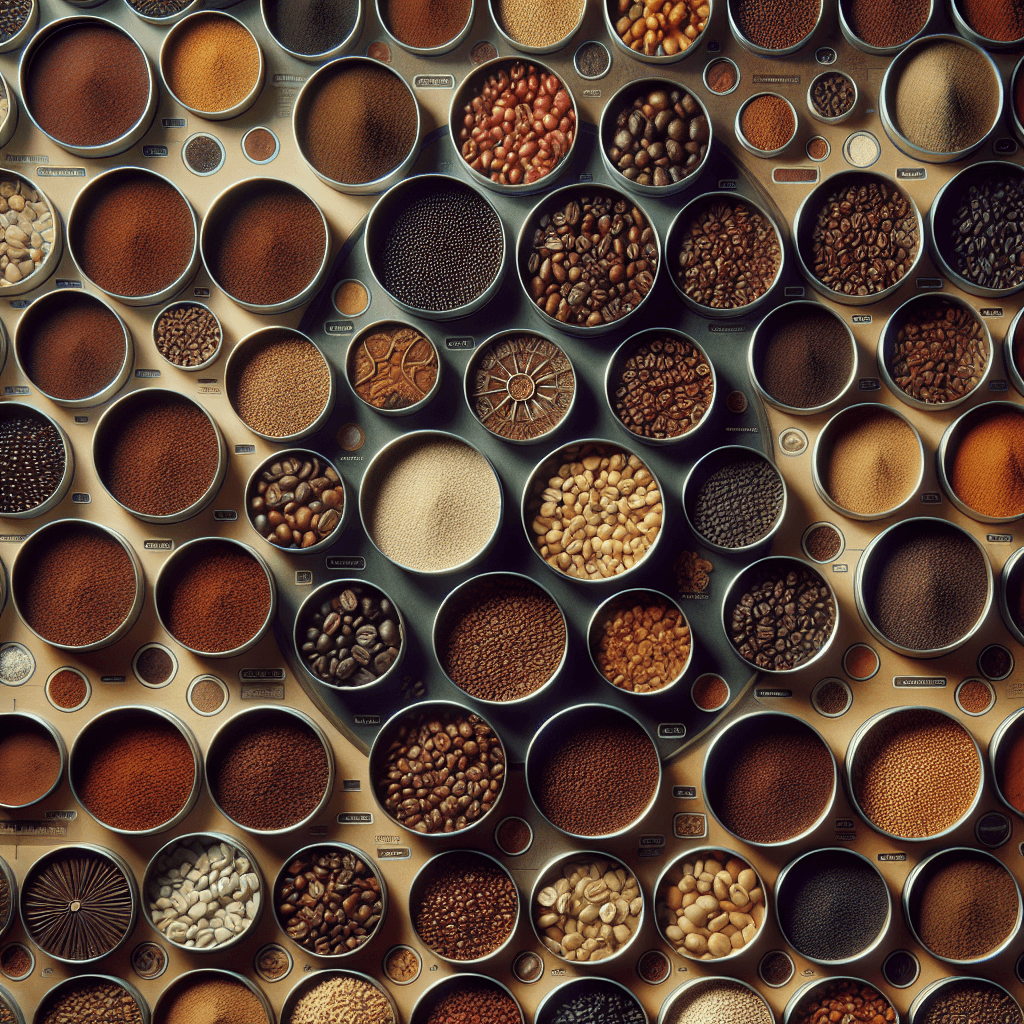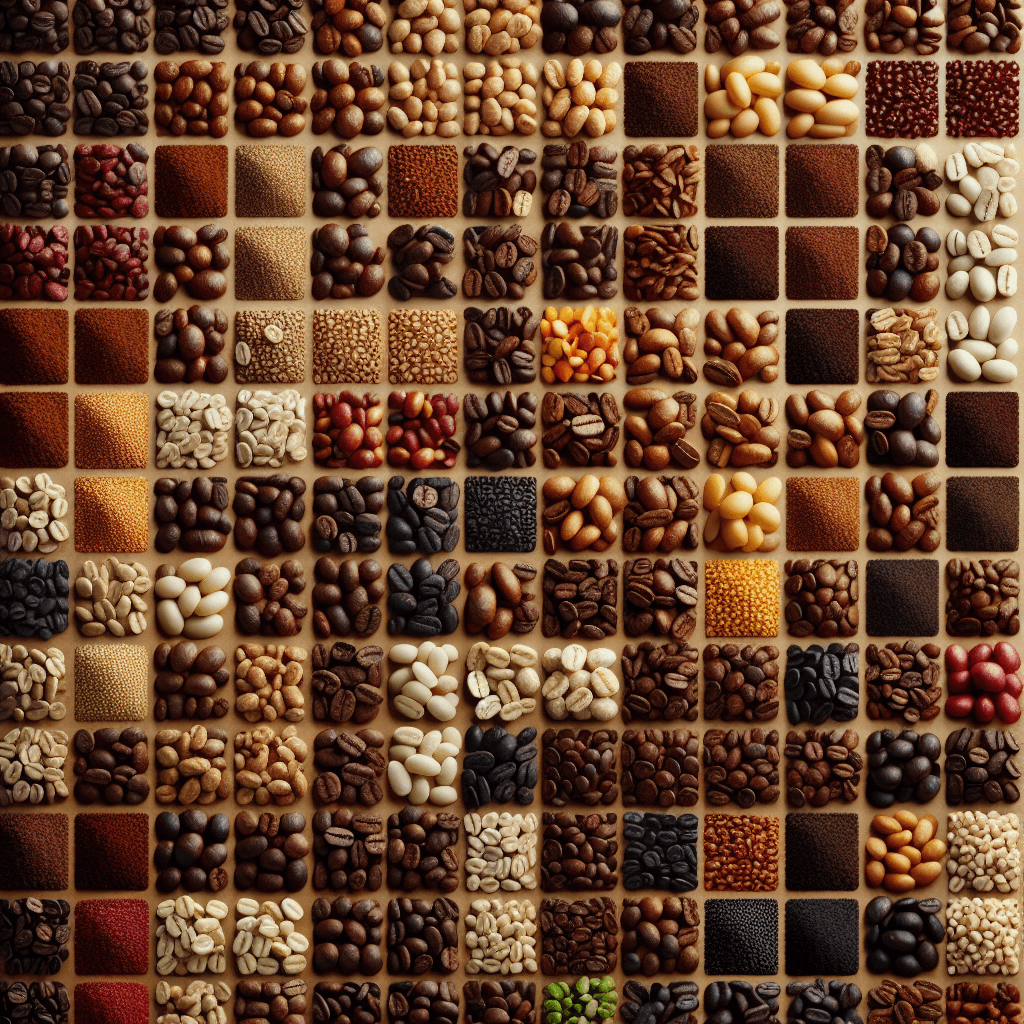Coffee Beans: Legumes or Not?
Unraveling the Coffee Bean: Is our Favored Java a Legume?
In the diverse and delightful world of botany, the distinctions between various plant categories can often blur, leading us to quite interesting questions. Today's query: Are coffee beans legumes? Let’s dive into the fascinating coffee bean journey and debunk this intrigue.
Decoding the Coffee Bean: An Intriguing Botanical Tale
From the outset, it's worthwhile to clarify what we mean when we refer to a ‘bean’. In botanical terms, a bean is typically regarded as a seed of certain specific plants of the Fabaceae (or Leguminosae) family, known commonly as the legume family. The contenders in this family are your day-to-day kitchen staples like peas, lentils, beans, and peanuts. Akin to pumpkins being technically berries while strawberries are not, in the plant world, things are often not what they seem!
Is the Coffee Bean Truly a Bean?
Now, here's the twist in our tale: despite its common nomenclature, the coffee ‘bean’ is actually not a true bean! Shocking, isn't it? In reality, our beloved java source is the seed of a fruit, specifically a cherry, found on plants of the Coffea genus. Coffee comes from a gorgeous plant that gives us a splendidly edible fruit with our cherished coffee beans at its core, two halves nestled snugly within a plush fruity pulp.
The Coffee Bean: Fruit Seed or Legume?
Having established that coffee beans are fruit seeds, the question then is: can they still be legumes? In the strictest sense, the answer is no. Legumes are typically classified by their distinctive pod structure, which coffee cherries lack. A coffee cherry contains two seeds (or beans), each surrounded by pulp and skin, but absent the characteristic pod of a legume. Therefore, while it may cause some confusion, the coffee bean is a seed of a fruit and not a legume.
Daily Grind Tip: Brewing the Perfect Cup of Coffee
As a coffee lover, acknowledging that our daily caffeine hit comes from a gorgeous fruit might make us appreciate the brew even more. Also, it can encourage us to experiment with different brewing techniques. For the finest cup, consider the quality of beans - select the ones fresh off the roast, grind them right before brewing, and store them properly. Always use fresh water, not distilled or overly purified, and remember to clean your equipment regularly to avoid altering the coffee's natural flavors. Happy brewing!
A Motivational Cup of Wisdom
Now that we've demystified the coffee bean's origin, here's a piece of motivation coated with a coffee flavor: "Life is like a cup of coffee. It's all in how you make it or take it." Whether bean or not, let's tale it all in our stride. After all, don't we love the phrase, "Espresso yourself"? So go ahead, face the day with enthusiasm and remember, a 'latte' can happen over a cup of coffee!









